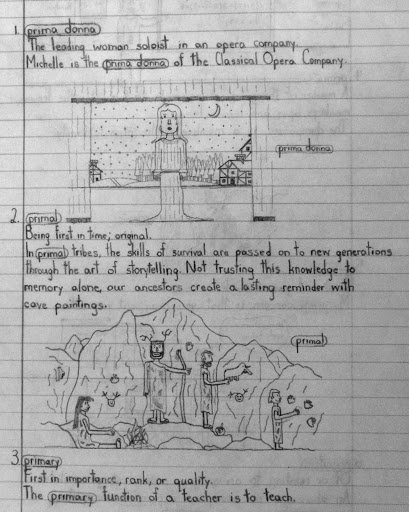At church last Sunday a man told about his recent rare phone call to his uncle, an important brother figure for him not much older than himself.
The man had known his uncle had become bitter about a number of things; the man prayed that his call would serve the uncle well. In their conversation, though, the uncle warmly reminisced about the man’s parents and, by chance, even the uncle’s old favorite teacher, Mrs. Clark.
The man couldn’t help but bite his prayerful tongue, for he had for years felt bitterness toward his parents, and he had for years felt bitterness toward that Mrs. Clark, who had in some way humiliated him, back in middle school.
It’s inevitable, I suppose, that teachers win some and lose some, and though I’d rather just win them all, I don’t. Take this week. On the same morning, I received two emails, one saying that my youngest guitar student (I give private lessons in my classroom after school) would not be continuing lessons after December, and this one, from a parent of a guitar student who is also in my English class:
Mr Jacobs,
From the moment when I picked Lily up after school today I could tell something was wrong. Upon getting home she confided in me with what had happened in Language Arts class today. Apparently, her “incorrect” completed assignment was placed in full view for all student peers to see in comparison to another student’s “correct” assignment of the same nature. Both student names were exposed for all to see AND she was even referred to at the time of this exercise. Humiliating. In any classroom setting this would cause great embarrassment. Especially in front of peers, especially for a student who is quiet, especially as a middle school student. Feelings of embarrassment and humiliation do not in any way foster an environment for creativity but rather hinder. How can one maintain confidence when something like this happens…they most likely lose any confidence that may have been difficult to attain, especially with someone as quiet-natured and as sensitive as Lily.
Today is Lily‘s birthday. No special salutations are necessary. Just please keep the above in mind. Her father and I are very concerned about this occurence. Lily asked me NOT to email you but we felt it necessary so please DO NOT let her become aware of this communication. It will simply cause more embarrassment
I would have liked to explain how essay workshops sometimes work in my class, and that many students were in a position to benefit from Lily’s and my dialogue about improving her paper, and that she hadn’t been purposefully singled out as much as randomly selected from a pile, but the bottom line of Lily’s hurt would have remained. I replied with just this, and haven’t heard anything since:
Thank you so very much for writing and telling me this. I feel I owe Lily an apology, but I won’t mention it to her–please accept my apologies on her behalf. I will try to be more sensitive to this in the future.


